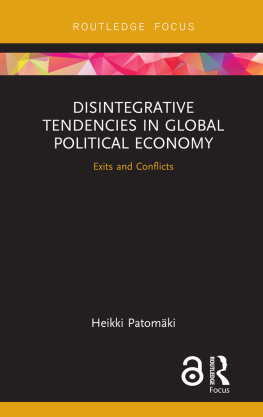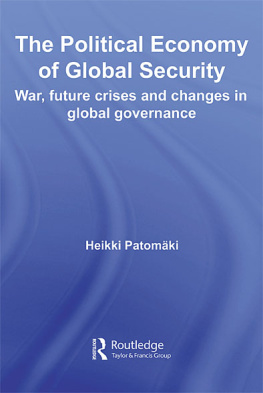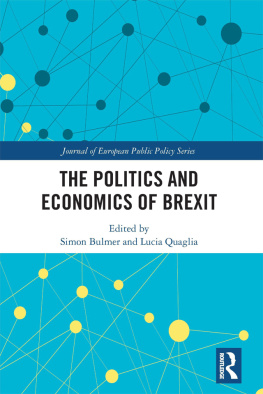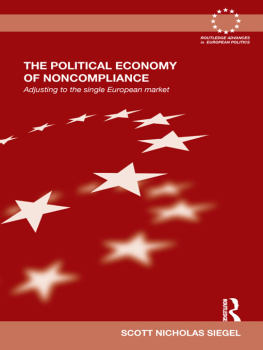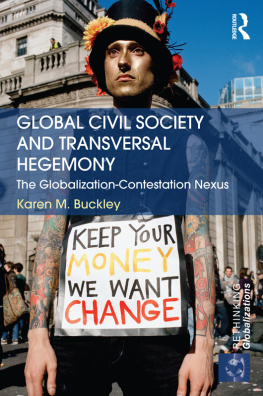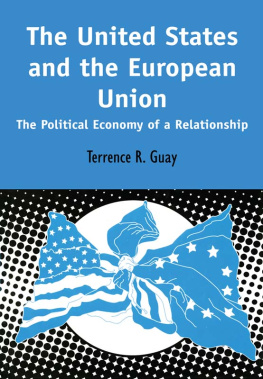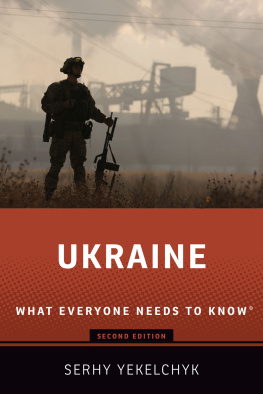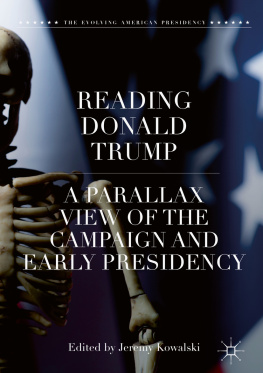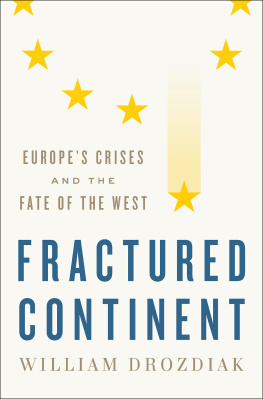Have we arrived at a New World Disorder? Well, the UK is no longer a stabilizing power in Europe, and the US has stopped functioning as a stabilizer in the global system. Behind these structural changes we find the manifold failures of neoliberal economics. In the footsteps of Keynes, Polanyi and Habermas, Heikki Patomki uncovers the causes and dynamics of these complex crises, and also identifies the keys of a progressive project that can save the legacy of enlightenment and democratic politics in Europe, as well as the world system, and help to find the way back to social progress.
Lszl Andor, Former EU Commissioner for Employment, Social Affairs and Inclusion
Disintegrative Tendencies in Global Political Economy
Whether we talk about human learning and unlearning, securitization, or political economy, the forces and mechanisms generating both globalization and disintegration are causally efficacious across the world. Thus, the processes that led to the victory of the Leave campaign in the June 2016 referendum on UK European Union membership are not simply confined to the United Kingdom, or even Europe. Similarly, conflict in Ukraine and the presidency of Donald Trump hold implications for a stage much wider than EURussia or the United States alone.
Patomki explores the world-historical mechanisms and processes that have created the conditions for the worlds current predicaments and, arguably, involve potential for better futures. Operationally, he relies on the philosophy of dialectical critical realism and on the methods of contemporary social sciences, exploring how crises, learning and politics are interwoven through uneven wealth-accumulation and problematical growth-dynamics. Seeking to illuminate the causes of the currently prevailing tendencies towards disintegration, antagonism and ultimately war, he also shows how these developments are in fact embedded in deeper processes of human learning. The book embraces a Wellsian warning about the increasingly likely possibility of a military disaster, but its central objective is to further enlightenment and holoreflexivity within the current world-historical conjuncture.
This work will be of interest to students and scholars of international relations, peace research, security studies and international political economy.
Heikki Patomki is Professor of World Politics at the University of Helsinki, Finland.
Rethinking Globalizations
Edited by Barry K. Gills,
University of Helsinki, Finland
Kevin Gray,
University of Sussex, UK.
This series is designed to break new ground in the literature on globalization and its academic and popular understanding. Rather than perpetuating or simply reacting to the economic understanding of globalization, this series seeks to capture the term and broaden its meaning to encompass a wide range of issues and disciplines and convey a sense of alternative possibilities for the future.
For more information, please visit: https://www.routledge.com/Rethinking-Globalizations/book-series/RG
Environmental Security in Transnational Contexts
What Relevance for Regional Human Security Regimes?
Edited by Harlan Koff and Carmen Maganda
Disintegrative Tendencies in Global Political Economy
Exits and Conflicts
Heikki Patomki
Brexit and the Political Economy of Fragmentation
Things Fall Apart
Edited by Jamie Morgan & Heikki Patomki
Chinese Labour in the Global Economy
Capitalist Exploitation and Strategies of Resistance
Edited by Andreas Bieler and Chun-Yi Lee
From International Relations to World Civilizations
The contributions of Robert W. Cox
Edited by Shannon Brincat
First published 2018
by Routledge
2 Park Square, Milton Park, Abingdon, Oxon OX14 4RN
and by Routledge
711 Third Avenue, New York, NY 10017
Routledge is an imprint of the Taylor & Francis Group, an informa business
2018 Heikki Patomki
The right of Heikki Patomki to be identified as author of this work has been asserted by him in accordance with sections 77 and 78 of the Copyright, Designs and Patents Act 1988.
The Open Access version of this book, available at www.taylorfrancis.com, has been made available under a Creative Com">mons Attribution-Non Commercial-No Derivatives 4.0 license.
Trademark notice: Product or corporate names may be trademarks or registered trademarks, and are used only for identification and explanation without intent to infringe.
British Library Cataloguing-in-Publication Data
A catalogue record for this book is available from the British Library
Library of Congress Cataloging-in-Publication Data
A catalog record for this book has been requested
ISBN: 978-1-138-06530-7 (hbk)
ISBN: 978-1-315-15979-9 (ebk)
Typeset in Times New Roman
by Apex CoVantage, LLC
In June 2016, Barry Gills asked Jamie Morgan and me to guest-edit a special forum on Brexit for Globalizations , and it was in that context that the idea for this monograph emerged, only a few weeks after the British referendum.
Both Barry and Jamie have played important roles in the process that brought this manuscript into being. , providing most useful comments, but after the finalization of the manuscript he also helped me to shorten the text by thousands of words to meet the requirements of the Focus-series.
Parts of .
has a different history, although it ties into the analysis of the other chapters very closely. I presented the first version of it on 16 September 2016 as EUs role in the Evolvement of the RussiaWest Conflict and Outbreak of War in Ukraine, at the EuroMemorandum conference in Coimbra, Portugal. I am thankful to the participants of the panel EU-external relations: Destabilizing the Neighbours for comments. Most importantly, however, I have benefitted from the comments of my old friend Tuomas Forsberg, who forced me to explicate the argument much better, and Dmytro Khutkyy, who happened to be visiting Helsinki at the time that I was finalizing the chapter and helped me in making the argument more nuanced.
It would not have been possible to put together all these elements into a tight and coherent book form so quickly and proficiently without the competent assistance of Markus Ristola. With the generosity of the Faculty of Social Sciences, Markus served as my full-time research assistant from April to June 2017. Thank you, Markus! In addition, all the chapters have been language- and copy-edited in a very professional and efficient manner by Kenneth Quek.
As always, it goes without saying that I am responsible for all the remaining errors and for what may turn out as non-adequate truth-judgements (as we critical realists know, the preface paradox is no paradox at all, as an author may be quite sure that her book will be revealed to contain errors but be quite unable to say what they are just now).
In Helsinki, 31 July 2017
Heikki Patomki
1
Introduction
This book is a warning about the likely consequences of disintegrative tendencies in the global political economy. It is vital to formulate this warning in a self-critical manner. Often, the perception I have been watching the news and the world seems to be falling apart is illusory. Media images of wars, threats of violence and senseless terror, and the consequent precautionary actions of security apparatuses, conceal that the world is on average less violent now than past centuries or millennia.

